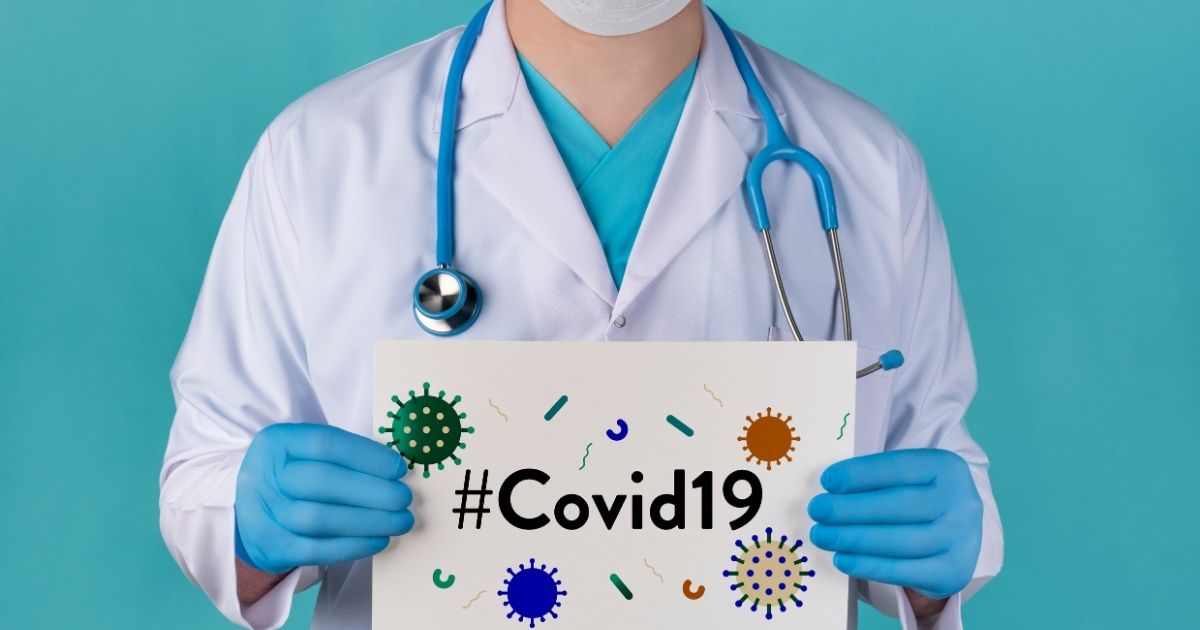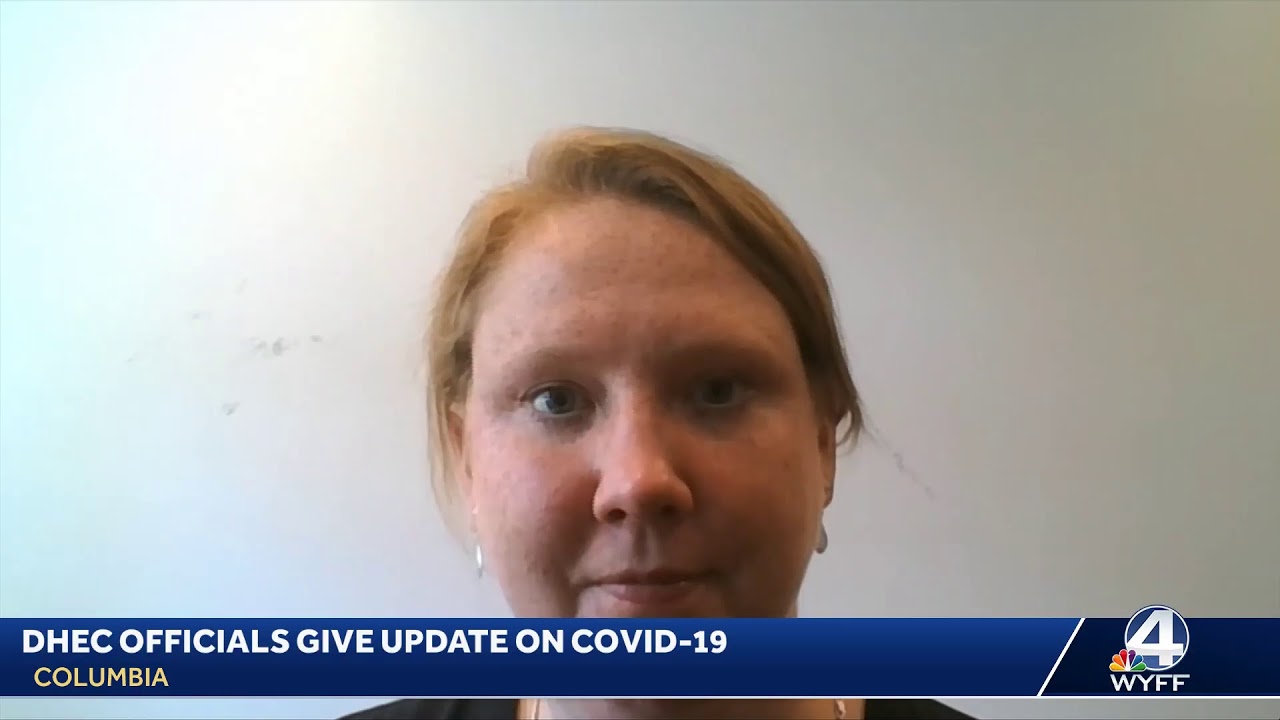When a patient is diagnosed with memory loss, it is difficult for everyone involved. For those with memory loss, there is confusion, frustration, and often depression. For those closest to them, there is the distress of watching the mental and physical decline of someone dear to them.
Because it is a situation that many individuals are afraid to be in, it is natural for myths about memory loss to surface. But since one of the best ways to face the fear of the unknown is to equip yourself with knowledge, we would like to debunk these myths for you now.
Memory Loss, Dementia, and Alzheimer’s Are the Same Thing
These three conditions are often woven together, and there is some overlap between them. However, the idea that these conditions are all the same thing is one of the more common myths about memory loss.
- Memory loss is an abnormal amount of forgetfulness either in short-term memory, long-term memory, or both (amnesia).
- Dementia is a general decline in mental ability that interferes with daily living.
- Alzheimer’s Disease is a brain disease that attacks brain cells, eventually ending in death.
Memory loss only refers to the loss of memory for any reason. Dementia may be accompanied by memory loss, but it usually also includes other lapses of mental ability, including confusion, loss of reasoning skills, or trouble focusing. Alzheimer’s focuses on the destruction of brain cells that causes a state of dementia and memory loss. However, dementia and memory loss are not exclusively caused by Alzheimer’s.
All Memory Problems Are Memory Loss
If you notice an elderly loved one becoming more forgetful, it’s natural to wonder whether this a sign of memory loss. However, there are a plethora of other things that may be impacting their memory. For instance, depression and isolation are known to make it difficult to remember details of day-to-day life, and these issues are often first noticed by the patient themselves. However, if you are cognizant of the fact that you’re having trouble remembering things, chances are good that you don’t have memory loss.
Memory Loss Is Inevitable
While conditions like Alzheimer’s are currently irreversible, that does not mean that conditions like memory loss are inevitable. Doing activities to keep up one’s physical and mental health are known to slow or relieve memory loss. This includes activities such as puzzles, but more importantly, it includes exercising, eating a healthy diet, maintaining one’s social life, and keeping a sense of purpose.
The Causes of Alzheimer’s Are Known
Over the years, there have been several suggestions about the cause of Alzheimer’s, including genetics, artificial sweeteners like aspartame, silver fillings, and even drinking out of aluminum cans. However, scientists have not fully unlocked the mysteries of this disease. Current theories speculate that Alzheimer’s is caused by a build-up of proteins in the brain, but this has yet to be proven.
Memory loss and caring for those with it is challenging. But understanding it more clearly can help both you and your loved one meet the challenge head-on.










